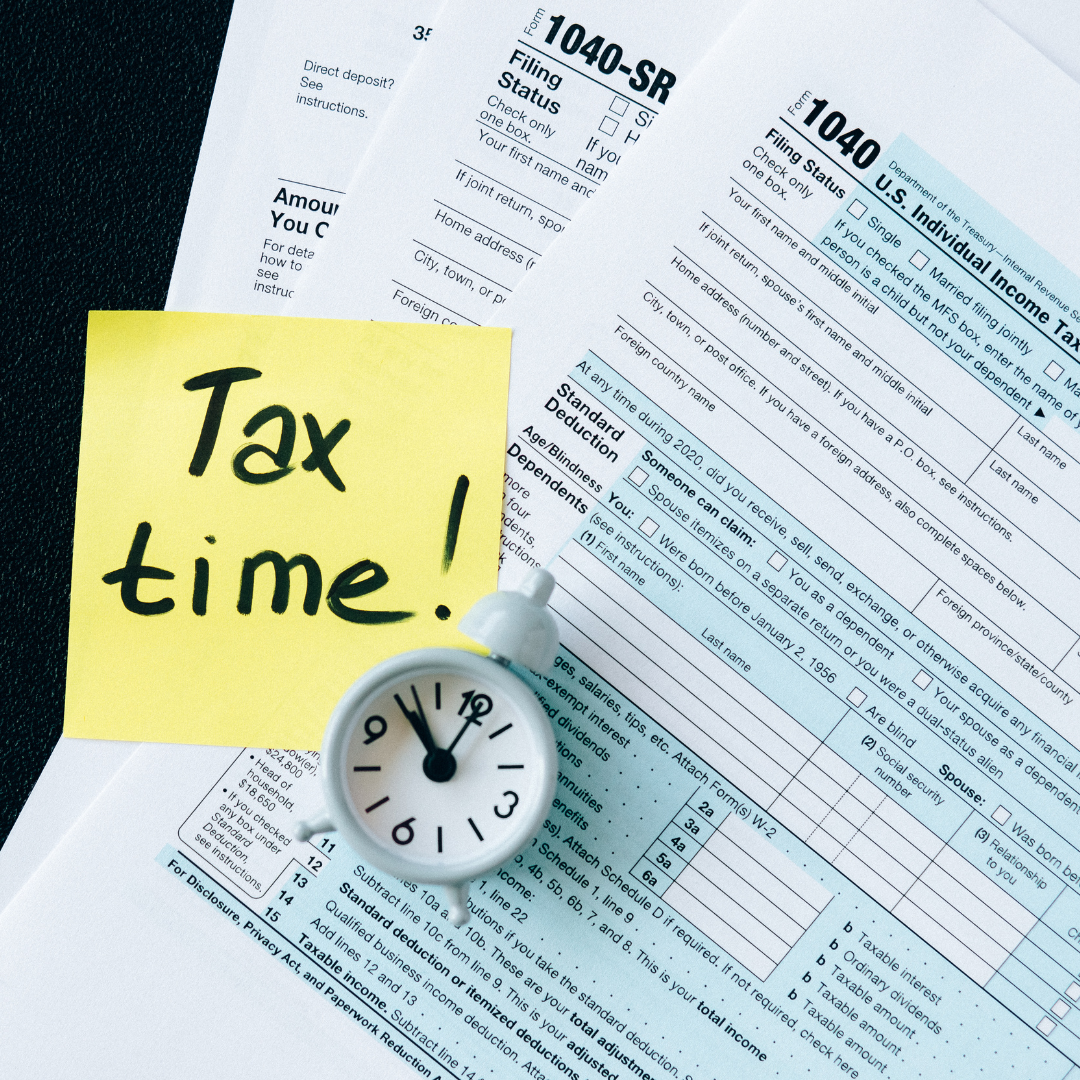Why Did I Get A 1099 Post-Discharge?
I filed a Chapter 7 / Chapter 13 Bankruptcy –
Why am I receiving a: 1099-A vs 1099-C
Cancelation of Debt
When a creditor writes off your debt, it means the lender has written the account off as a loss and the account is closed to future charges. This may be done through a charge-off or through a partial payment and agreement between you and the creditor.
In general, the amount of the canceled debt is taxable and you must report the canceled debt on your tax return for the year the cancellation occurs. The creditor will send you a 1099 and report the same to the IRS.
1099-A
Form 1099-A is a federal tax form lenders submit to the IRS whenever they acquire property as a result of foreclosure or when it has been abandoned. If you receive form 1099-A, you will need to report it on Schedule D of your tax return that year. Form 1099-A can help you determine if you have any capital gain or loss from the foreclosure of your property. Capital gains from foreclosure are treated the same as capital gains from a traditional sale.
1099-C
This form is for Cancellation of Debt is required by the IRS to report various payments and transactions made to taxpayers by lenders and creditors. These entities must file Form 1099-C if $600 or more in debt was canceled or forgiven.
Your tax liability
As a 1099 earner, you’ll have to deal with self-employment tax, which is basically just how you pay FICA taxes. The combined tax rate is 15.3%. Form 1099-A could mean that you have a capital gain that will be taxed.
HOWEVER, if you filed bankruptcy, generally there are no income tax consequences. You still need to take appropriate actions:
- Make sure your tax preparer knows you filed for bankruptcy and provide them with complete records.
- File your 1040 with the IRS.
- Attach Form 982 — You DO NOT have to pay taxes on a debts discharged in bankruptcy.
- Review IRS Pub 544 and 523 if you had a repossession or foreclosure – If you have filed for bankruptcy and the property was your personal residence, then there is no capital gains tax relating to the foreclosure or surrender. However, if the property was investment property, you may have an issue with capital gains tax and should talk to your tax preparer.
If you have debts that you are no longer able to pay, find out how you may be able to avoid dealing with creditors and additional taxes now.

